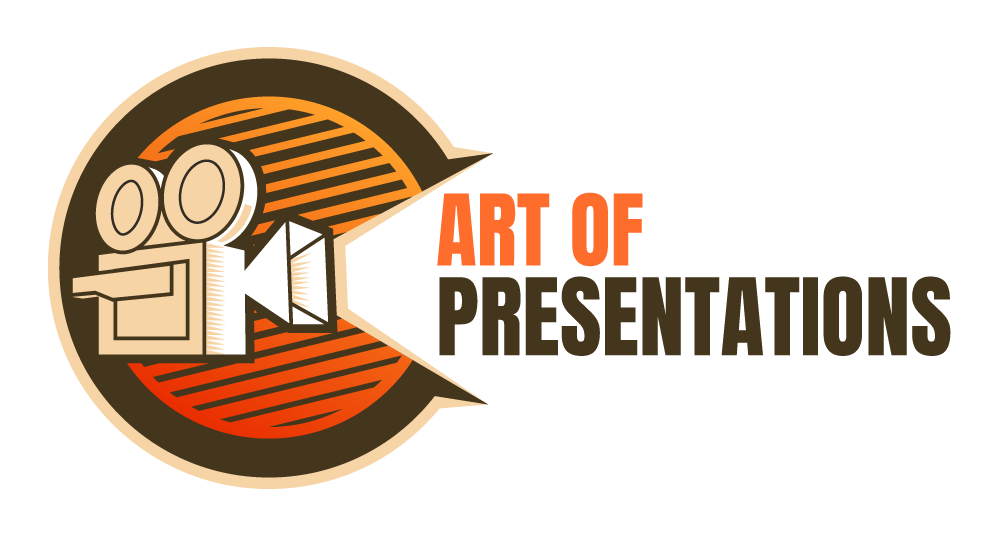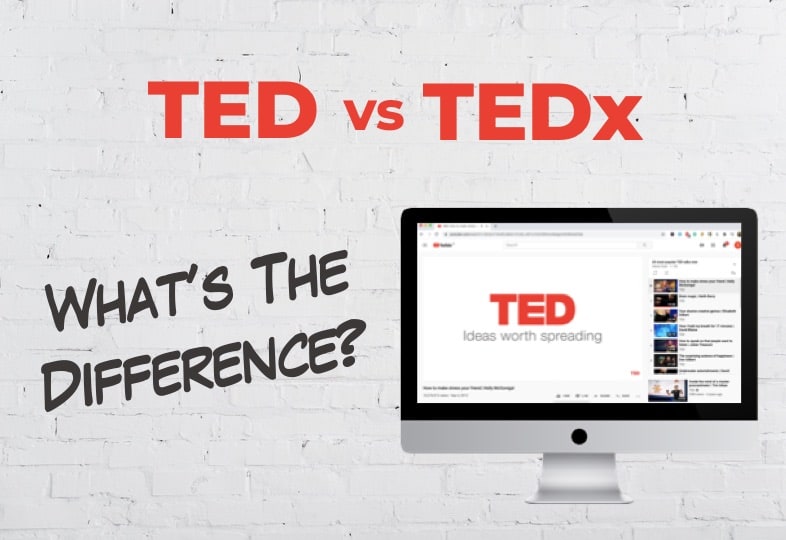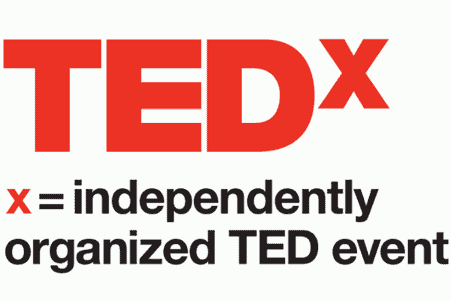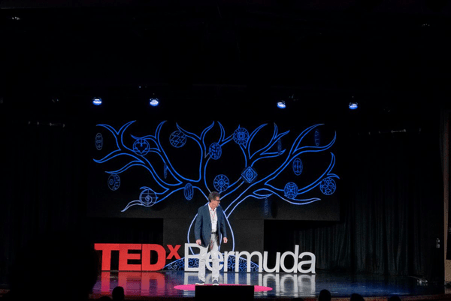Over the last 15 years, TED has become one of the largest conferences and idea-sharing platforms in the world. You’ve no doubt seen clips of their videos on YouTube or their website. But do you know the difference between TED and TEDx?
The key difference between TED and TEDx events is that while the main TED events are organized by TED Foundation and happen only a handful of times each year, TEDx was launched to enable people to operate and organize independent events under the TED brand.
However, while it may sound as if there isn’t a great difference between the two, there are several other important factors that distinguish a TED event from TEDx.
Difference Between TED and TEDx
It is easy to get confused between TED vs TEDx if you don’t know the difference. So, let’s understand the two.
The main program of TED events is organized centrally by the TED foundation. These happen only a small number of times each year and, as such, there are only a limited number of spaces to deliver a speech or performance as part of them.
This means that TED events will typically have much more high-profile and world-leading thought leaders, experts, businesspeople and politicians participate as speakers. Meanwhile, because TEDx events are organised at a local level, essentially as a smaller-scale franchise, there is more scope to give less well-known figures a platform.
A standard TEDx event will have a limited number of guests, so it is designed to be only small-scale and for a local audience – rather than having numerous people from all over the world fly in for it.
The great thing about this platform is that while it will be delivered in person to a potentially small, and very localised audience; it will then be uploaded to the TED website and sometimes YouTube channels. This gives speakers at TEDx events the potential to reach millions of people around the world – regardless of the more localised nature of TEDx events.
History of TED
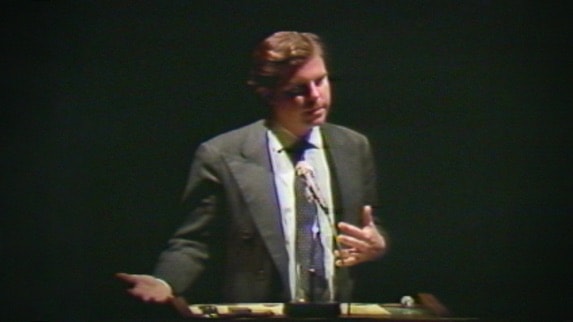
TED stands for ‘Technology, Entertainment and Design’ and was initiated in 1984 as a conference in which to bring these three fields together to share ideas and drive innovation. The early years of TED coincided with the Silicon Valley boom, with early TED talks being delivered by key players at the likes of Sony and Apple Mackintosh.
These events took place every year from 1990, with talks being given by many of the world’s leading thinkers in their given fields.
However, as the internet era flourished, TED saw an opportunity in sharing their catalogue of recorded talks to share with the public, for free, online.
In 2006 they began to share videos recorded at their events and soon their videos were being watched by millions of people around the world.
By 2012 TED videos had amassed more than a billion views online. This incredible level of reach meant that people all over the world were looking to learn and engage with TED’s content and brand. As such, people began to reach out to the not-for-profit to ask to host TED events in their own cities and countries around the world.
The Birth of TEDx
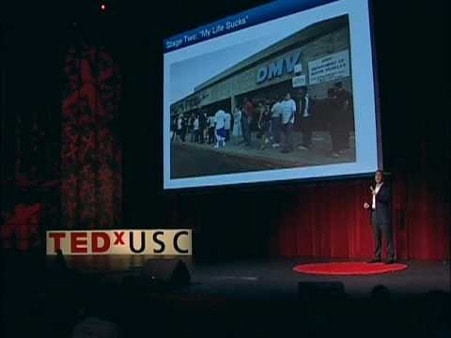
The birth of TEDx is what has perhaps lead to the confusion of TEDx vs TED.
In 2009 TED launched TEDx. The first event was held at USC under the title, TEDxUSC, and it attracted an amazing 1200 attendees. The aim of TEDx was (and remains) to provide ‘TED-like’ talks, performances, and demonstrations at a local level.
The events are ultimately run independently of TED and are hosted by individual committees tasked with organising them. They are tasked with arranging speakers, finding a location to host the event and, importantly, raising the funds to do so.
TED provides the branding rights and material to TEDx organisers for free. With the ultimate idea to provide a TED-like experience to anyone who has the inclination to set one up and provide it to their own local community.
However, there are a number of rules that must be followed in order to make this happen.
How Many TEDx events are there?
While there are just a small number of TED events each year, there are hundreds of TEDx events that take place all over the world in the same time period.
TEDx events have been held in more than 133 countries and over 1200 cities around the globe. There have been more than 16,500 talks, which have raked in a whopping 42 million views on YouTube and more than 80 million views on the TED website.
These events have taken place not only in major western cities like London, New York, Melbourne and Paris, but also in less developed and more surprising nations and cities, such as Shiraz, Iran; Hadal, Sudan; and Sainte-Clotilde, Réunion.
Who can apply for a TEDx License?
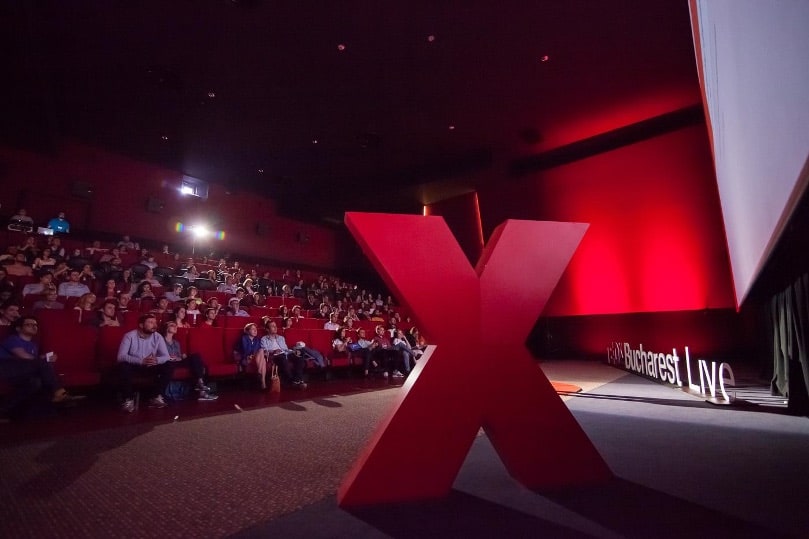
Anybody can apply for a license to host a TEDx event, providing they meet a certain number of criteria. For example, you must live in the city where you aim to host the event.
Your TEDx license, once granted, lasts for a maximum of one year. At which point, you must re-apply to host the event again in the future. If your event was a success and you adhered to all of TEDs rules, then this is a relatively straight-forward process.
However, the primary organiser is the person who holds the license, rather than the event, as a separate entity. Therefore, if the primary organiser wishes to pass the responsibility of organising the event to another member of their team then the application process has to be started again from scratch.
What Can Be Included in a TED or TEDx Event?
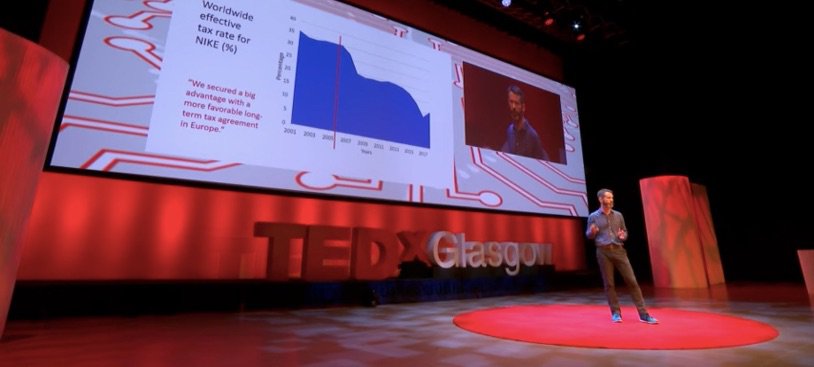
In many ways, you can include almost any kind of performance as part of a TEDx event. You can give a lecture, provide a demonstration of science or technology, perform a dance or short music piece – you could even perform magic.
However, you must make sure that the performance (no matter what it includes) lasts no longer than 18 minutes. TED stipulate this so as to make it easy for audiences both in the room on the day, and watching online, to stay engaged and concentrated for the entirety of the TED talk.
The biggest rule is that it has to be presenting something new. A talk at any TED event, including TEDx, must provide either an entirely new approach to thinking about an idea. They are very strict on this and do not allow people to simply relay a list of facts and figures. TED talks have to provide a strong and engaging line of argument which will significantly impact how others might think about a theme or topic.
What Can’t be Included in a TED or TEDx Event?

While the way in which you deliver your TED talk can be relatively free, there are a large number of restrictions as to what cannot be included in its content.
For example, you are not allowed to include any religious or political agendas. You can mention religious or political themes within your talk – after all, it’s hard to address ideas of social change without doing so. However, TED regulations restrict inflammatory or polarizing language.
You are also not allowed to drive any individual commercial agenda. So, even if you are speaking as the founder of a company who are providing a very specific new innovation – you have to deliver the talk in a way that addresses the concept more broadly.
You are able to detail the innovations, but you are not allowed to relate them to any specific business entity. The basic rule of thumb here is to remember that TED talks are not a chance to advertise your business.
How can You Apply to Host a TEDx Event?
You can apply to host a TEDx event there a number of different sub-categories of event depending on the type of programme you will be looking to put on. These include University events, TEDxWomen, and TEDx youth events.
You can apply through the TED website, although you can expect to wait for your application to take up to ten weeks to be reviewed. As such, TED suggest that you apply for your license no later than three months before you plan to host your event.
Your application should show that you have considered where it will be held, who will be speaking and on what topics, and demonstrate a willingness to comply with the wider TED guidelines with regards to hosting an event under the TED brand.
